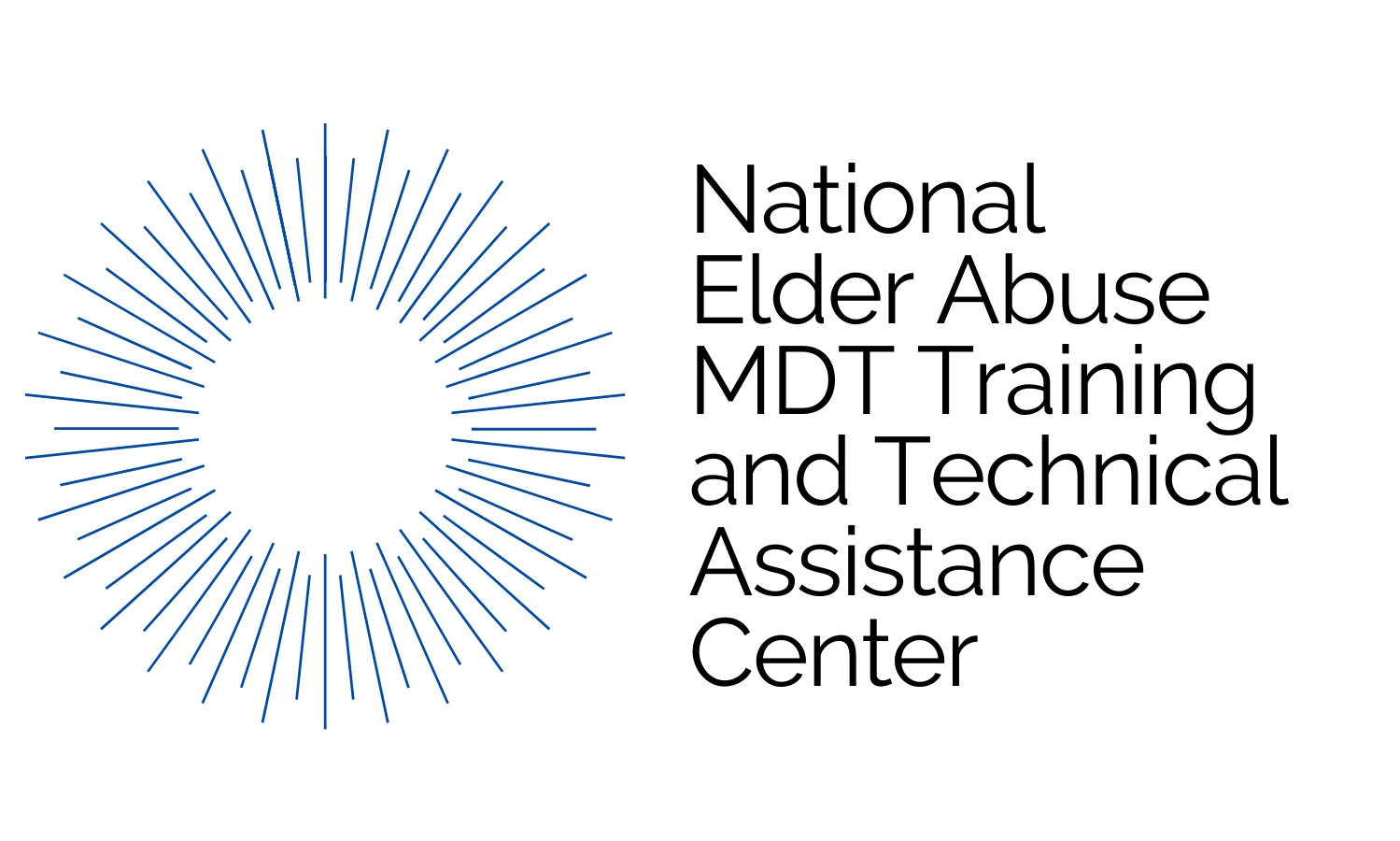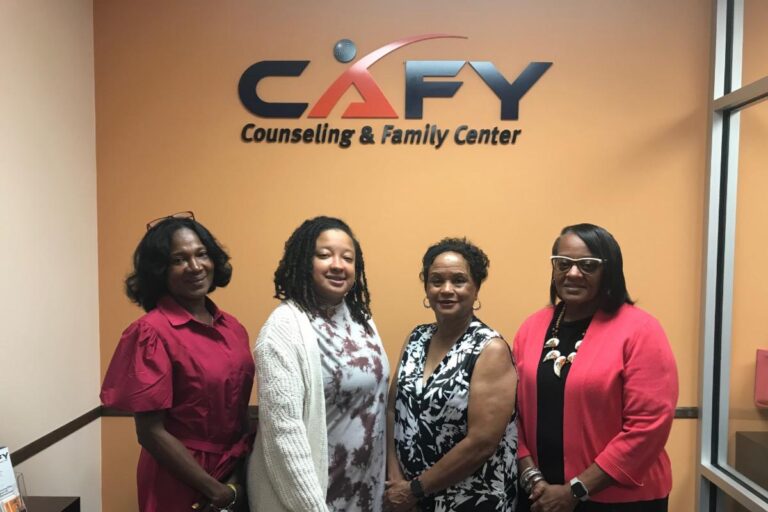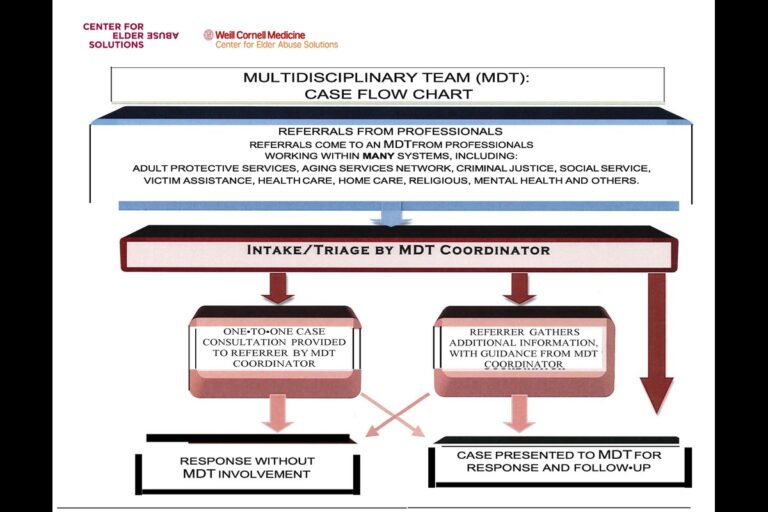
Dr. Sheri Gibson received her Ph.D. in Clinical Psychology with an emphasis in Geropsychology from the University of Colorado, Colorado Springs (UCCS). She is an instructor and clinical supervisor for the Psychology Department at UCCS and a faculty affiliate with the UCCS Gerontology Center. Dr. Gibson serves on the editorial board for the Journal of Elder Abuse & Neglect, is a member of the Research Committee for the National Adult Protective Services Association (NAPSA), serves as an Advisory Board member of the National Multidisciplinary Team (MDT) Training and Technical Assistance Center, and is a founding member of the Pikes Peak Elder Justice Center. In addition to being an advocate for elder justice, Dr. Gibson has a private psychotherapy and consultation practice, which includes provision of capacity evaluations, expert testimony, consultation, and training.For more information on Dr. Gibson’s services and resources, visit her website: www.DrSheriGibson.com
Why is Navigating Client Capacity Issues Important for E-MDTs?
The question of decisional capacity is a common dilemma for MDTs, given the complexity of decisions older adults make around their finances, living situations, relationships, and medical treatments. Inherent in team discussions around decisional capacity is the tension between two competing ethical principles: autonomy (one’s right to self-determination) and beneficence (to do no harm). Obtaining clarity about an older adult’s decisional abilities can help inform an MDT on the level of participation that an older adult can engage in and the level of support (both formal and informal) needed to help maximize a person’s overall well-being. MDTs should be aware of three important questions when thinking about navigating capacity:
- First, MDTs should ask, “Who is the decision-maker in this situation?” Is the individual his or her own decision-maker, or is there a surrogate decision-maker in place?
- Secondly, “Do we have prior cognitive or functional data from any provider who has treated or seen the older adult?”
- Finally, “Have we determined or identified which discipline or professional can best assess the specific area of capacity in question?”
The third question is an important one with respect to specifying the referral for a formal evaluation by a physician, psychologist (neuropsychologist or geropsychologist), or psychiatrist. The most common types of MDT referrals for assessment include the capacity for:
- Independent living;
- Medical decision-making; or treatment-specific consent; Financial decision-making;
- Testamentary Capacity
For the evaluator, capacity assessment involves a multiplicity of factors that must be weighed when offering an opinion about a person’s ability to make a decision or perform a task that has a specific definition in the law. Those factors include functional elements, diagnoses, cognitive underpinnings, psychiatric and emotional factors, values and preferences, risk considerations, and recommendations to enhance a person’s capacity.
Helpful Resources
For further reading on decisional capacities in older adults, the following references are offered:
- Moye, J., Marson, D. C., and Edelstein, B. (2013).Assessment of capacity in an aging society. American Psychologist 68, 158–171.
- Gibson,S.(2022).Gibson, S. (2022). Understanding decisional capacities of older adults. In Comprehensive Clinical Psychology (Second Edition), Elsevier, 114-128.






